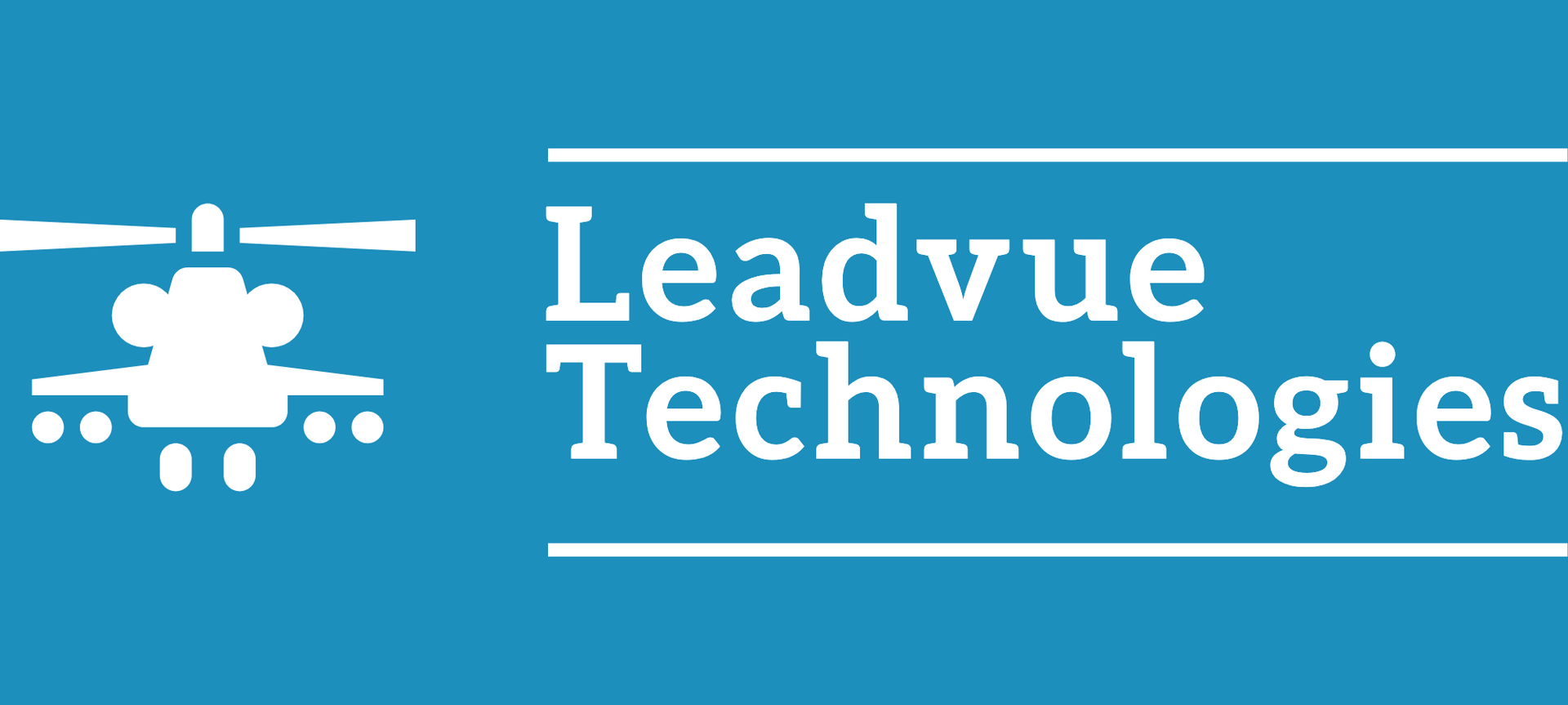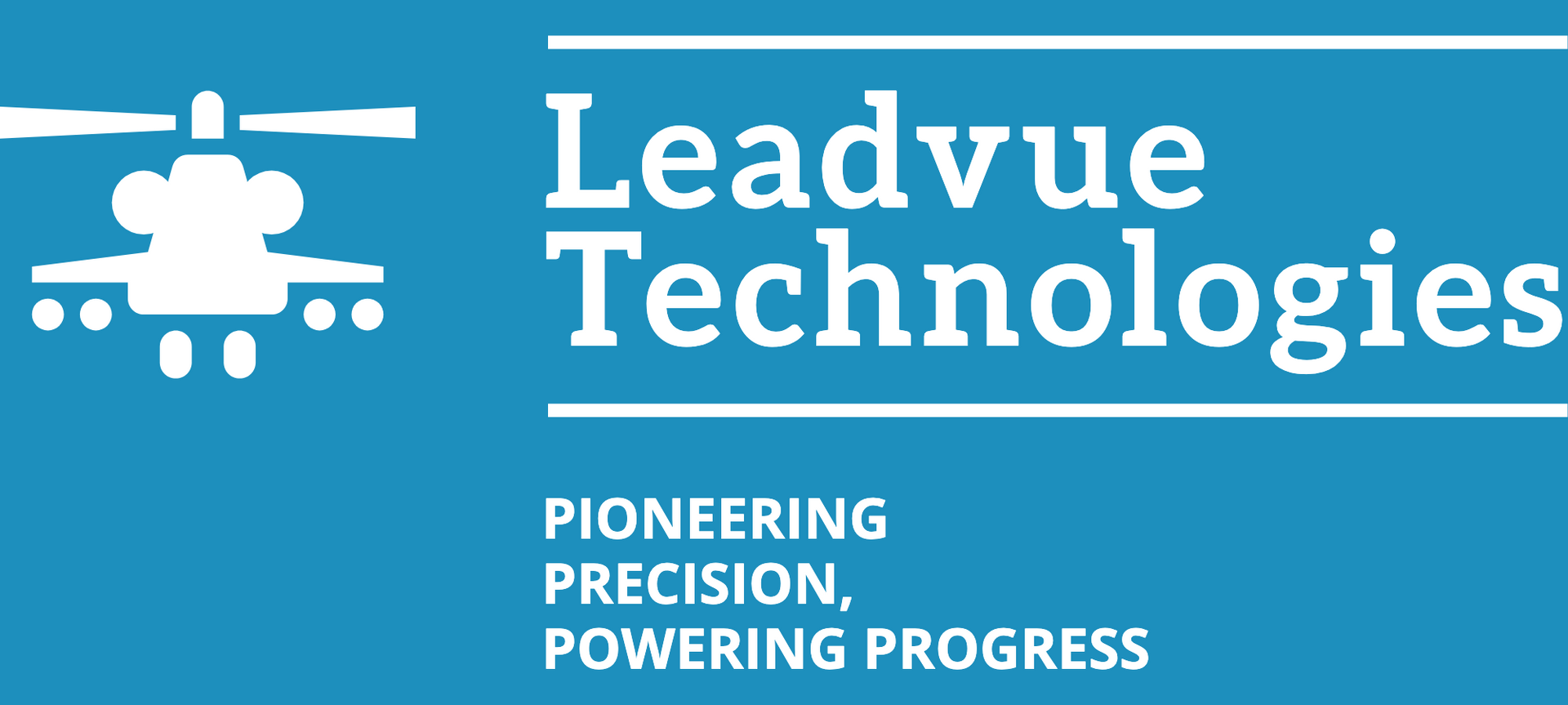Defense Contracting & Humanity
Defense Contracting – The Role of Innovation, Security, and Sustainability

Defense contracting is often associated with national security, technological advancements, and military strength, but its impact extends far beyond the battlefield. Through cutting-edge technologies, scientific consulting, and sustainable practices, defense contracting plays a critical role in safeguarding humanity, driving innovation, and promoting global stability. Companies involved in defense contracting contribute not only to a country's defense infrastructure but also to advancements that improve civilian life, create economic opportunities, and enhance global security. This blog explores how defense contracting can benefit humanity, backed by data points and quantifiable results.
1. Enhancing Global Security and Stability
At its core, defense contracting is about ensuring the safety and security of nations, which has a direct impact on the well-being of their citizens. Global security is an essential foundation for societal development, economic stability, and the protection of human rights. Defense technologies, such as autonomous surveillance systems, AI-driven cybersecurity platforms, and early-warning missile defense systems, help prevent conflicts, deter aggression, and reduce the likelihood of human casualties.
According to Stockholm International Peace Research Institute (SIPRI), global military spending reached $2.1 trillion in 2022, driven largely by investments in advanced technologies like AI, cybersecurity, and autonomous systems. These investments play a critical role in ensuring global peace and stability, enabling nations to collaborate on counterterrorism, cybersecurity, and disaster response initiatives.
For instance, Leadvue Technologies has been involved in defense projects that focus on AI-powered threat detection systems for national infrastructure, reducing the risk of cyberattacks that could cripple economies or lead to political instability. Our cyber defense platforms have helped reduce cyber incidents by 35% among defense clients, ensuring that critical systems such as energy grids, healthcare, and transportation remain operational and secure. This has a direct, positive impact on the lives of citizens, contributing to a safer, more stable global community.
2. Reducing Human Casualties Through Autonomous Technologies
One of the most significant contributions defense contracting makes to humanity is through the development of autonomous systems that reduce the need for human involvement in dangerous military operations. Autonomous drones, unmanned vehicles, and robotic systems are increasingly being used to carry out high-risk missions, including surveillance, reconnaissance, and combat operations, without putting soldiers in harm's way.
For example, autonomous surveillance drones can monitor conflict zones for extended periods without fatigue, providing real-time intelligence to decision-makers. This technology not only saves lives but also improves the effectiveness of military operations. According to MarketsandMarkets, the market for autonomous military systems is projected to grow from $3.2 billion in 2020 to $7.5 billion by 2027, reflecting the increased demand for unmanned systems that minimize human casualties.
A study by the U.S. Department of Defense (DoD) found that using autonomous vehicles in combat zones reduced human casualties by 50%. By reducing the number of personnel exposed to danger, autonomous systems help preserve human life while still maintaining operational efficiency. This advancement in defense contracting is a clear example of how technology can be used to protect soldiers and civilians alike, fostering a more humane approach to warfare.
3. Promoting Sustainability Through Green Defense Technologies
Defense contractors are increasingly being called upon to adopt more sustainable practices, contributing to humanity’s broader goals of environmental conservation and carbon emission reduction. Military operations have historically been resource-intensive and environmentally damaging, but the shift towards green technologies is changing that. Leadvue Technologies is at the forefront of integrating sustainable materials, fuel-efficient systems, and energy-saving technologies into defense projects.
For instance, the development of electric military vehicles and biofuel-powered drones are just some of the ways in which defense contracting is reducing the carbon footprint of military operations. According to a Deloitte report, the military sector accounts for approximately 6% of global energy consumption. By transitioning to sustainable energy solutions, defense contractors can significantly reduce this figure.
Leadvue Technologies recently helped a military base in the U.S. implement solar-powered energy systems for its operational infrastructure, resulting in a 25% reduction in fuel consumption and a 35% decrease in carbon emissions. Not only do these green initiatives align with global environmental goals, but they also ensure that defense operations become more sustainable and cost-effective in the long term. This is a tangible way in which defense contracting is benefiting humanity by contributing to the fight against climate change.
4. Driving Technological Innovation That Benefits Civilian Life
Many of the technologies developed through defense contracting eventually find their way into civilian applications, enhancing the quality of life for people across the globe. GPS technology, the internet, drones, and medical advancements like prosthetics and telemedicine all originated from defense-related R&D projects. The commercial application of these technologies has had a profound impact on industries ranging from healthcare to transportation.
For example, GPS technology, which was initially developed for military navigation, now serves as the backbone of global positioning systems used by millions of civilians every day. A report by Global Market Insights shows that the civilian drone market is expected to grow to $63 billion by 2025, driven by the commercial adaptation of drone technologies originally developed for military use. These drones are now used for tasks like agricultural monitoring, disaster relief, and logistics.
Another example is prosthetic limb technology, which has been dramatically improved through defense-funded research. The U.S. Department of Veterans Affairs reports that advances in prosthetic limbs for wounded soldiers have also benefited civilians who require prosthetics due to accidents or medical conditions. Innovations like mind-controlled prosthetics have improved mobility for thousands of people, providing them with a higher quality of life.
5. Economic Growth and Job Creation
Defense contracting is a major driver of economic growth and job creation. In the U.S. alone, the defense industry supports over 2 million jobs and contributes approximately $400 billion to the national economy annually. These jobs range from highly specialized roles in engineering and scientific research to positions in manufacturing, logistics, and technology development.
At Leadvue Technologies, we are proud to contribute to job creation through our defense projects. Our partnerships with defense contractors, technology firms, and government agencies have helped create hundreds of jobs in cutting-edge fields like AI, cybersecurity, and autonomous systems. These high-skilled jobs not only stimulate economic growth but also provide individuals with opportunities to work on projects that have a lasting impact on global security and technological innovation.
The ripple effects of economic growth driven by defense contracting extend beyond direct employment. The investments made in defense R&D often lead to the development of new industries and commercial applications, further boosting economic activity and improving living standards.
6. Disaster Response and Humanitarian Aid
Another area where defense contracting directly benefits humanity is in the realm of disaster response and humanitarian aid. Many defense contractors are involved in the development of technologies and systems that are used to respond to natural disasters, pandemics, and humanitarian crises. Drones, autonomous vehicles, and communication systems developed for military purposes can be deployed to deliver aid, conduct search and rescue operations, and establish communication networks in disaster-stricken areas.
For example, autonomous drones equipped with thermal imaging technology—originally developed for military surveillance—are now being used in disaster response efforts to locate survivors in earthquake zones or flooded regions. These drones can operate in hazardous environments where it may be unsafe for human rescuers to go, saving lives and accelerating recovery efforts.
A report by Harvard University shows that the use of defense-grade drones in disaster response has improved the speed and accuracy of rescue missions by 40%, significantly increasing the chances of survival for individuals trapped in dangerous situations. Defense contracting’s role in developing such life-saving technologies is a clear demonstration of how military innovations can have profound humanitarian benefits.
Conclusion
Defense contracting offers numerous benefits to humanity, from enhancing global security to driving technological innovation and promoting sustainability. Through the development of autonomous systems, cybersecurity platforms, and green technologies, defense contractors are creating solutions that not only protect nations but also contribute to the well-being of citizens worldwide. The ripple effects of defense innovation extend far beyond military applications, improving civilian life, supporting economic growth, and addressing global challenges like climate change and disaster response.
At Leadvue Technologies, we are committed to ensuring that our defense projects have a positive impact on humanity. By integrating cutting-edge technologies and sustainable practices into our work, we strive to build a safer, more secure, and more sustainable world for future generations.







